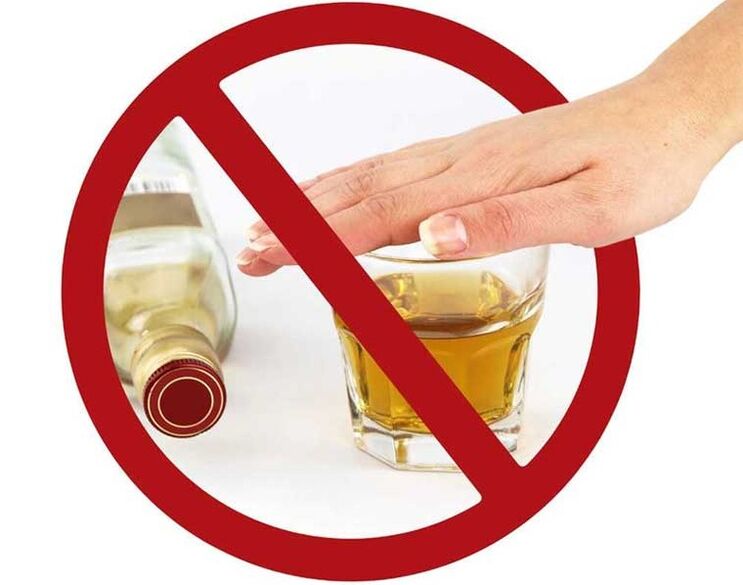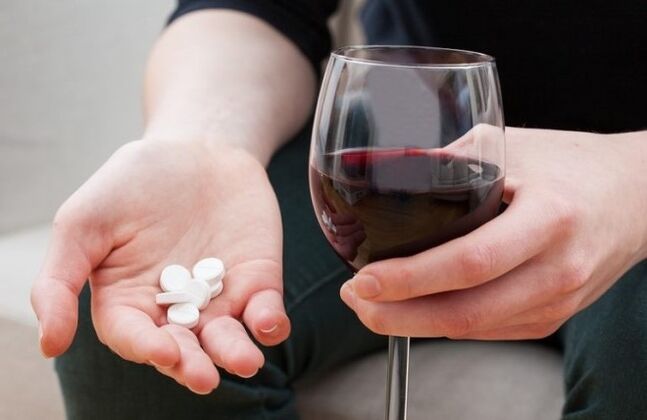It is no secret that dental treatment requires the use of anesthesia to reduce pain. This procedure must be approached by the dentist and the patient responsibly. It is recommended not to drink alcoholic beverages to avoid unpleasant results and minimize risk. Why do experts ask to stop alcoholic beverages in the process of dental intervention? You should understand this issue in more detail.
Why you should not drink alcohol before seeing a dentist
Can I drink alcohol before dental treatment? It is highly undesirable to drink alcohol before seeing a doctor, because the effectiveness of dental anesthesia and the end result depends on the general condition of the body.

- Anesthetics are used for many dental procedures. They paralyze nerve fibers, drowning out pain. Alcohol under local anesthesia interferes with medication, which causes increased sensitivity of the teeth and gums.
- Pain relievers themselves cause side effects such as dizziness, cramps, nausea and vomiting. Alcohol increases the adverse effects on the body, which can cause anaphylactic shock.
- It is strictly forbidden to drink alcohol before taking teeth. Ethyl alcohol, gets into the blood, reduces its clotting, dilates blood vessels and increases the risk of complications. Bleeding is difficult to stop, as a result of which chronic inflammatory processes develop.
Negative effects of alcoholic beverages
Many people mistakenly believe that drinking alcohol after dental treatment disinfects the mouth. But this is a big mistake. Are dental spirits and anesthesia compatible? If you do not want to endanger health, you should think about the harmful effects of alcohol on the body. Why is it dangerous to drink alcohol for dental treatment? This leads to the following negative consequences:
- corrode enamel, damage teeth,
- reduce the anesthetic effect,
- causing inflammation,
- increase the risk of allergic reactions,
- provoking blood pressure fluctuations,
- increase the burden on the liver and cardiovascular system,
- increase the pain,
- slows tissue healing,
- evokes a sense of unconsciousness.
Moreover, alcohol combined with anesthetic drugs has a negative effect on the central nervous system. Often there are unpredictable side effects: headache, weakness, seizures, palpitations.
How long can you drink alcohol after anesthesia
How long to drink alcohol after anesthesia? The term is determined by the dentist and depends on the nature of the intervention and the type of treatment. Anesthesia was not processed immediately, so the feast had to be postponed. After a dental procedure, you must wait at least a day. It is forbidden to drink alcohol 48 hours after complete removal of the drug from the body. It should be noted that after tooth extraction, it is recommended to extend the rejection of alcohol for 6-7 days. If you have low blood clotting, it is better that you abstain for a longer period of time. This will reduce the risk of complications: inflammation, bloating, and infection.
Alcoholic beverages greatly affect the outcome of your treatment. As a result, dental interventions are ineffective and unsuccessful. No matter how much you want to cope with anxiety and stress, it is better to forget about alcoholic beverages during the procedure.
Proposal
All alcoholic beverages contain ethyl alcohol. If you drink vodka, wine, cognac or beer, the liver will suffer twice as much. The body needs to metabolize painkillers and alcohol. Negative effects on the liver can be exacerbated by the use of antibiotics, analgesics, antihistamines. To avoid toxic shock, you need to follow these tips:
follow these tips:
- You should refrain from drinking alcohol if you plan to see a dentist on the same day.
- If your dental procedure involves the use of antibiotics, it is best not to drink alcoholic beverages throughout your treatment.
- Before the appointment, it is necessary to inform the dentist about the presence of allergic reactions and medications used the day before.
- Remember that the success of a medical procedure depends on proper preparation. If the dental operation is not responsible, then additional anesthesia or re -intervention is required.
There is no doubt that drinking alcohol during the action of dental anesthesia is highly undesirable. If you want the procedure to be safe and painless, you should read the above recommendations carefully.
Don't be afraid to visit the dental office. You can see a competent specialist who will tell you how to properly prepare for the treatment process. A professional dentist will select an individual anesthetic and advise on the most effective methods for a speedy recovery.
























